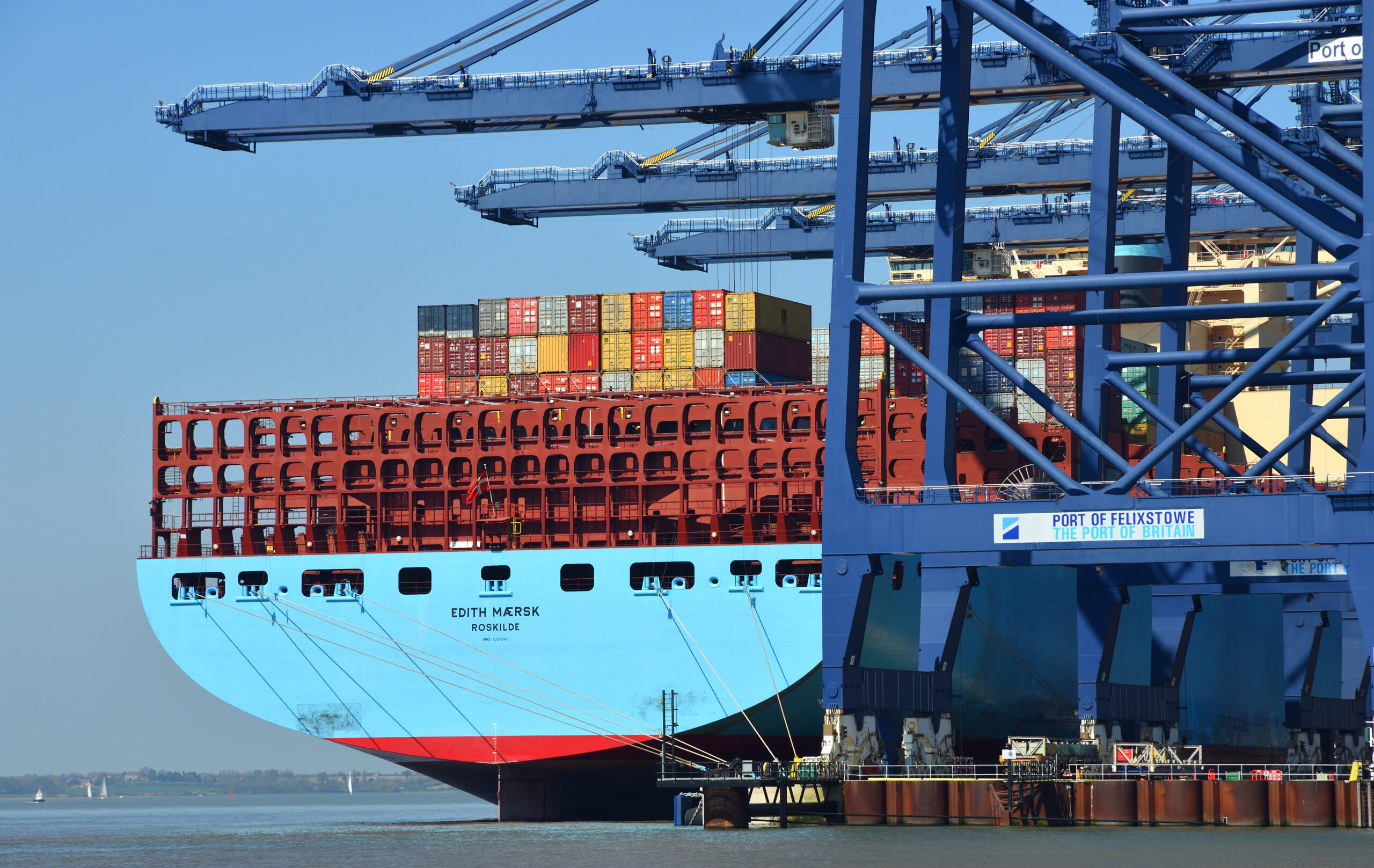Mitsui O.S.K. Lines (MOL), the Japanese shipping major, has announced its agreement with Swiss direct air capture (DAC) company, Climeworks, to remove 13,400 tonnes of atmospheric carbon dioxide (CO2) by 2030. The partnership will also explore future opportunities for MOL to invest in Climeworks’ DAC infrastructure, with carbon removals representing an increasingly important method of offsetting emissions in hard-to-abate sectors.
The offtake agreement is made possible by Japan’s unique climate policy framework, which since 2024 has allowed international and durable carbon removal credits to be included in its national emissions trading system. This development in domestic emissions regulations has improved the business case for carbon removal technologies, such as DAC, among Japanese companies.
In the maritime sector, while developments in alternative fuels, energy efficiency, and route optimisation represent the major decarbonisation pathways for shipowners, eliminating residual emissions remains a challenge. Agreements such as this indicate that carbon removals may become increasingly integral to achieving net-zero targets, and not simply a supplementary measure. MOL views DAC as essential to reaching its 2050 net-zero pledge and has set an interim target of removing 2.2mn tonnes of CO2 by 2030.
Climeworks’ technology offers a durable removal pathway by capturing ambient CO₂ directly from the air using modular collector systems and permanently sequestering this in geological storage sites. The company’s Mammoth facility in Iceland, opened in 2024 with an annual storage capacity of up to 36,000 tonnes, is an important step toward the industrial scaling-up of DAC. However, DAC is capital-intensive and despite growing commercial interest high removal costs currently limit deployment at scale.
Current market projections indicate that the global DAC sector, valued at approximately $1.6bn in 2024, could approach $3bn by the mid-2030s. But progressing from current technological success to commercial viability will require sustained investment, robust verification frameworks, and continued innovation to reduce unit costs.
For MOL, early adoption of carbon removals serves multiple strategic objectives. It diversifies the company’s decarbonisation toolkit, mitigates exposure to future carbon pricing mechanisms, supports broader efforts to decarbonise the value chain, and strengthens its competitive positioning amid increasing scrutiny of environmental performance by regulators, investors, and customers.
‘At Mitsui O.S.K. Lines, we’re committed to navigating toward a net-zero future’, commented Hisashi Umemura, Senior Executive Officer at MOL. ‘Contributing the expansion of high-integrity carbon removal credits, driven by Climeworks’ state-of-the-art Direct Air Capture technology, empowers us to address emissions that are hard to eliminate through conventional methods. This is not just an investment in carbon removal but an investment in the future of sustainable shipping.’
As technological pathways to decarbonisation in the maritime sector remain uncertain, securing access to verifiable carbon removal solutions offers a pragmatic hedge for shipping companies. MOL’s initiative represents a way of meeting its own ambitious environmental targets and a broader indication to the industry of the opportunities available in carbon removals for hard-to-abate industries.



